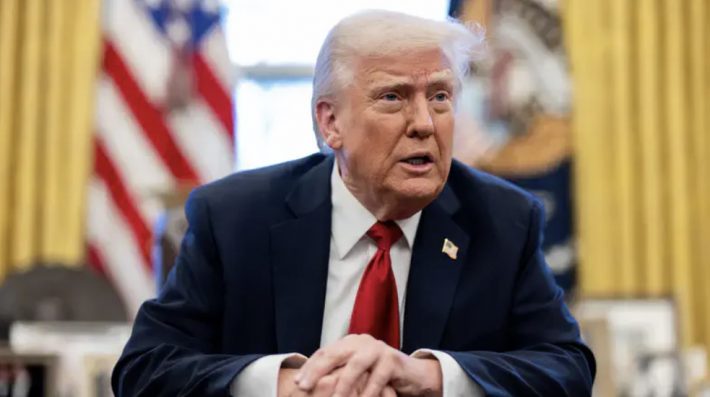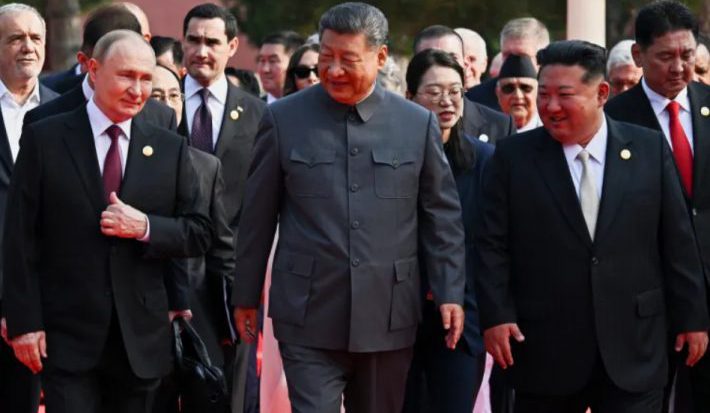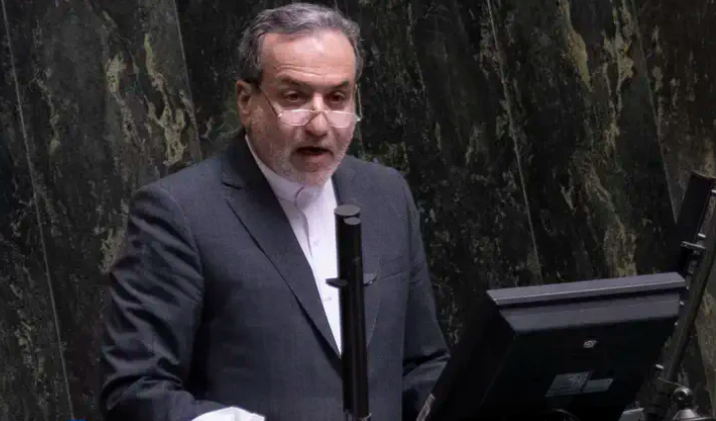Trump Ramps Up Trade War, Slaps 30% Tariffs On European Union, Mexico
In a move that has raised significant alarm among trade analysts and global allies, former U.S. President Donald Trump announced on Saturday the imposition of 30% tariffs on goods from the European Union and Mexico—two of the United States’ largest trading partners. The announcement was made through official letters shared on Trump’s social media account.
In his message to Mexico’s leadership, Trump acknowledged the country’s partial cooperation in controlling the influx of undocumented migrants and fentanyl into the U.S., but criticized the overall efforts as insufficient. “Mexico has been helping me secure the border, BUT, what Mexico has done is not enough,” he wrote, warning that North America risks becoming a “Narco-Trafficking Playground.”
Turning to the European Union, Trump called the U.S. trade deficit with the bloc a national security threat. He cited years of unproductive negotiations and criticized the EU’s tariff and non-tariff barriers, stating:
“We must move away from these long-term, large, and persistent trade deficits… Our relationship has been, unfortunately, far from Reciprocal.”
The decision is part of a broader strategy in Trump’s 2024 campaign centered on aggressive tariff policies. So far, Trump has issued tariff conditions on 24 countries and the 27-member EU, actions that experts warn could dismantle the foundational rules of the global trade system.
Under the long-standing “most favored nation” principle from the Uruguay Round, countries have maintained balanced tariff structures. Trump’s moves are seen as a direct challenge to those norms, potentially destabilizing global trade.
The EU’s chief trade negotiator, Maros Sefcovic, had earlier expressed hope that a deal could be reached soon to avoid higher tariffs. Speaking in Strasbourg, France, he noted that although Trump’s Monday letters signaled harsher tariffs, discussions might still yield a “satisfactory conclusion.”
However, tensions remain high. The EU is America’s largest collective trading partner, with over $553 billion in goods exported to the U.S. in 2022, according to the Office of the U.S. Trade Representative.
Trump had previously proposed a 20% tariff on EU goods on April 2, threatening to escalate it to 50% over slow negotiations. While some of these tariff hikes remain suspended during talks, existing base tariffs of 10%, along with 25% on autos and 50% on steel and aluminum, have already taken effect.
Douglas Holtz-Eakin, former head of the Congressional Budget Office and now president of the American Action Forum, voiced concern that meaningful diplomatic dialogue had stalled.
“They’re spending time talking to each other about what the future is going to look like, and we’re left out,” he warned. “In the end, these are letters to other countries about taxes he’s going to levy on his citizens.”
The escalation signals not just economic disruption but a growing fracture in transatlantic and regional alliances—one that could have long-lasting global repercussions.





